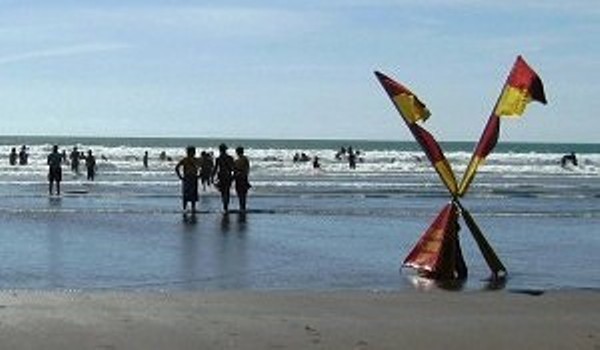Media Release: Waikato Regional Council

Waikato Regional Council has agreed to establish a fund for emergency rescue services in the region.
The decision to apply a per property rate of $3.74 was made during deliberations on the proposal yesterday, which will require an amendment to the 2015-2025 Long Term Plan.
It means surf life saving will receive $354,600 a year, $175,400 will go to Coastguard, and the Auckland Helicopter Trust and Philips Search and Rescue will each receive $50,000.
The rate will replace money previously collected by other councils for regional surf life saving, Coastguard and rescue helicopter services.
“The rate isn’t the full amount surf life saving, in particular, asked for in its submission, but councillors felt the regional council should only be considered a contributor not underwriter of their sustainability,” said council chairperson, Paula Southgate.
“These services will be getting more funding than they’ve received in the past from a collective of councils and this will allow for a small increase in service delivery,” she said.
“There is no question surf life saving, Coastguard and rescue helicopter services provide value to the region – they do a splendid job and we recognise the importance of keeping people safe on land and water. And while our role isn’t to fund charitable organisations we do need to play our part in contributing to regional economic wellbeing,” Cr Southgate said.
The proposal was released for public feedback in March this year, with the council receiving 549 submissions on it. The Waikato Mayoral Forum – comprising all mayors and the regional council chair – had previously supported the intent of the fund, but it was not supported by the South Waikato and Matamata-Piako district councils.
The fund, including its criteria, will be reviewed in the 2018-2028 Long Term Plan in conjunction with the Waikato Mayoral Forum. Until then, there’ll be no change in funding.
Cr Southgate added: “We understand these services and others struggle for funding, but the regional council does not see itself as the primary funder and consider central government has a role to play.”
As such, the council agreed to push central government to consider nationally funding emergency rescue services to ensure equitable and sustainable funding across the regions.
Meanwhile, during yesterday’s meeting councillors also signed off on the budget for the council’s 2016/17 work programme.
A tight focus on costs will see the council collect about $80.7 million in rates revenue in 2016/17, which equates to a reduction in rates revenue from existing ratepayers of 1.3 per cent.
However, not all ratepayers will see a decrease in their Waikato Regional Council rates bill – in fact for some, their invoices could rise where property valuations have increased well above the average in the past year in some district council areas and Hamilton.
